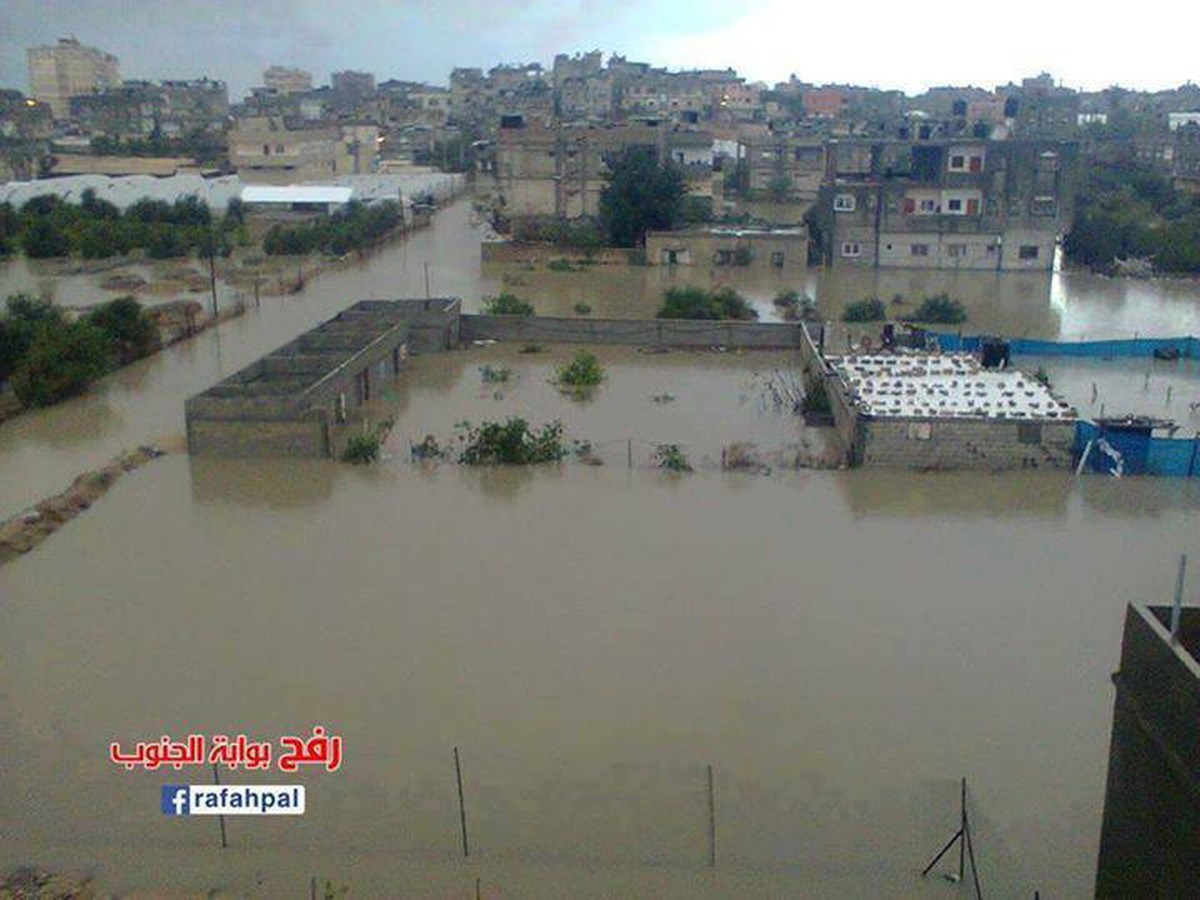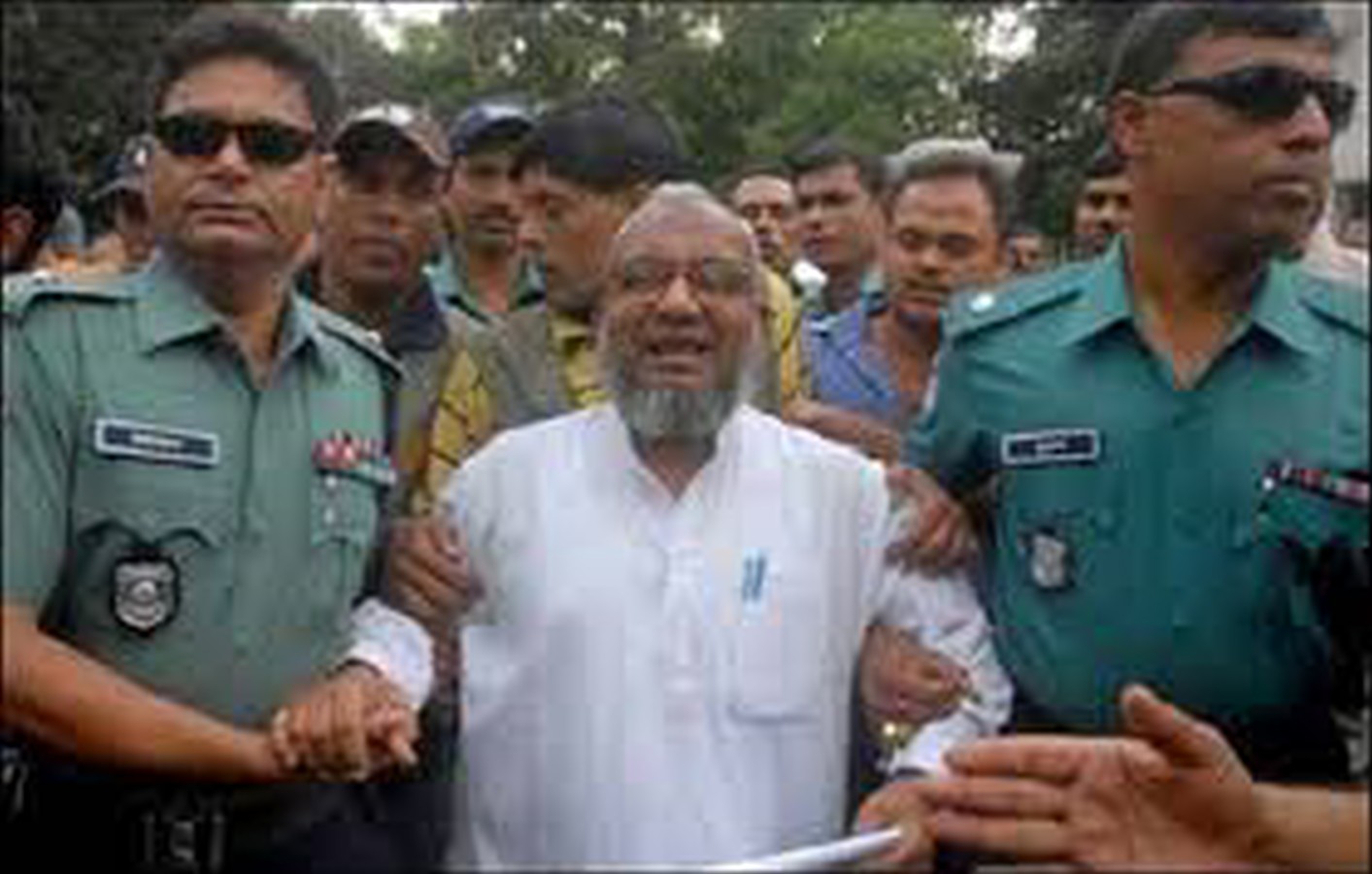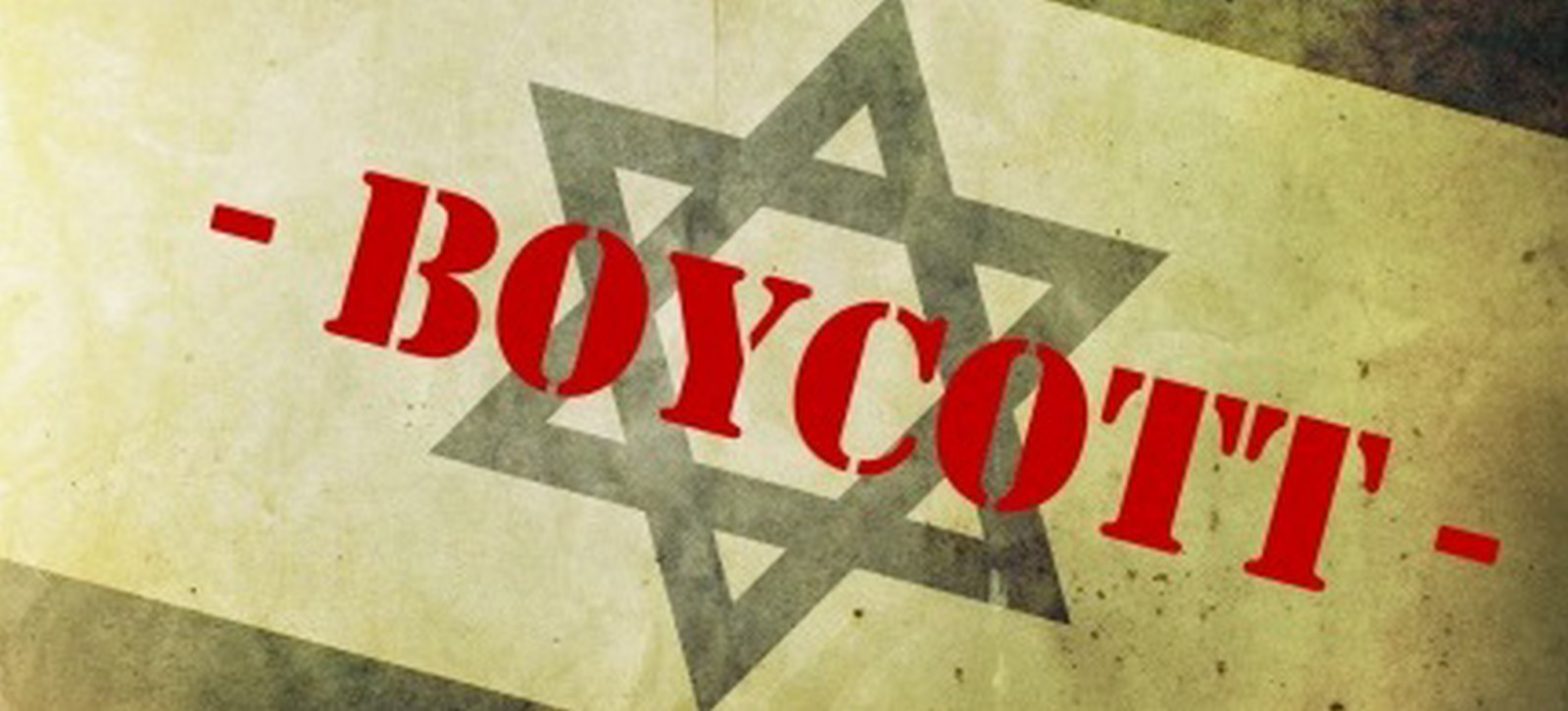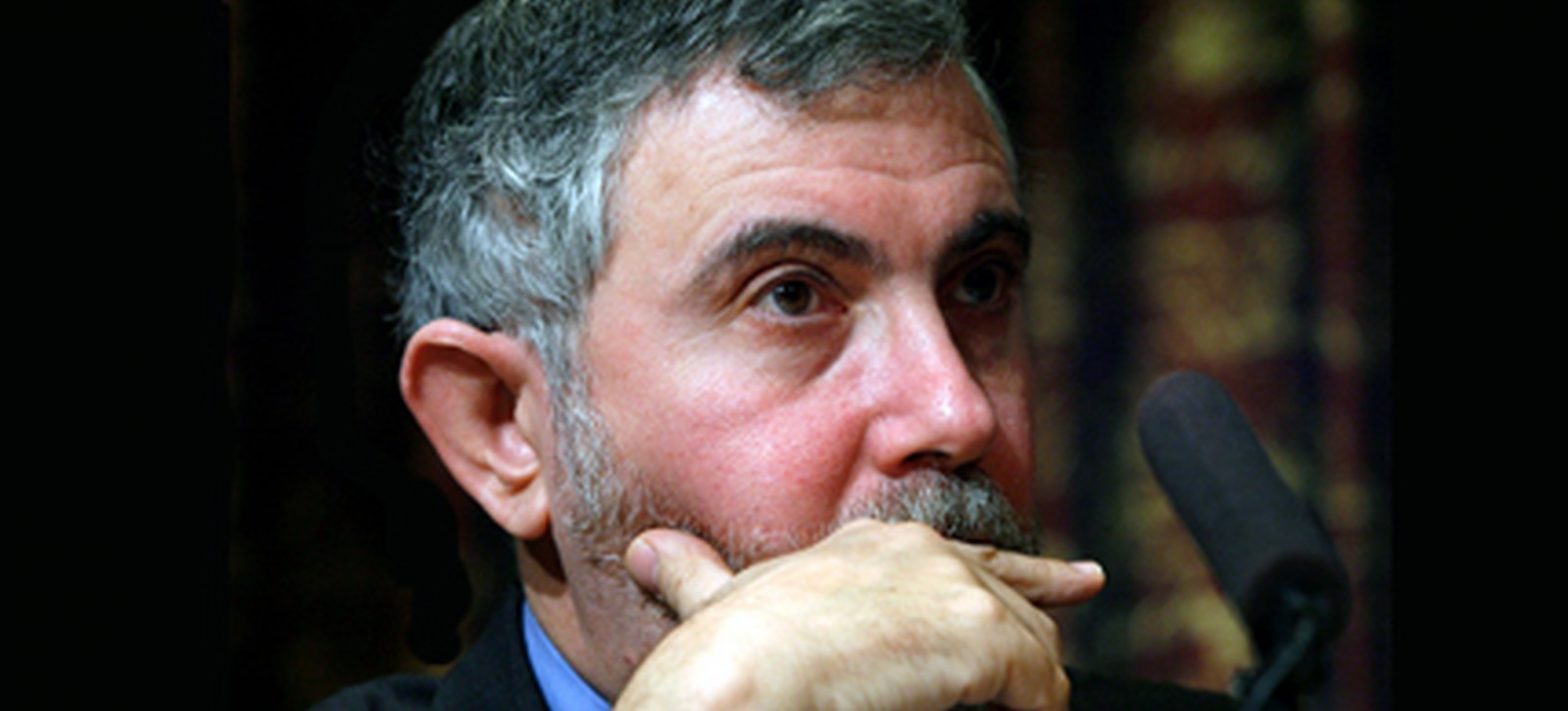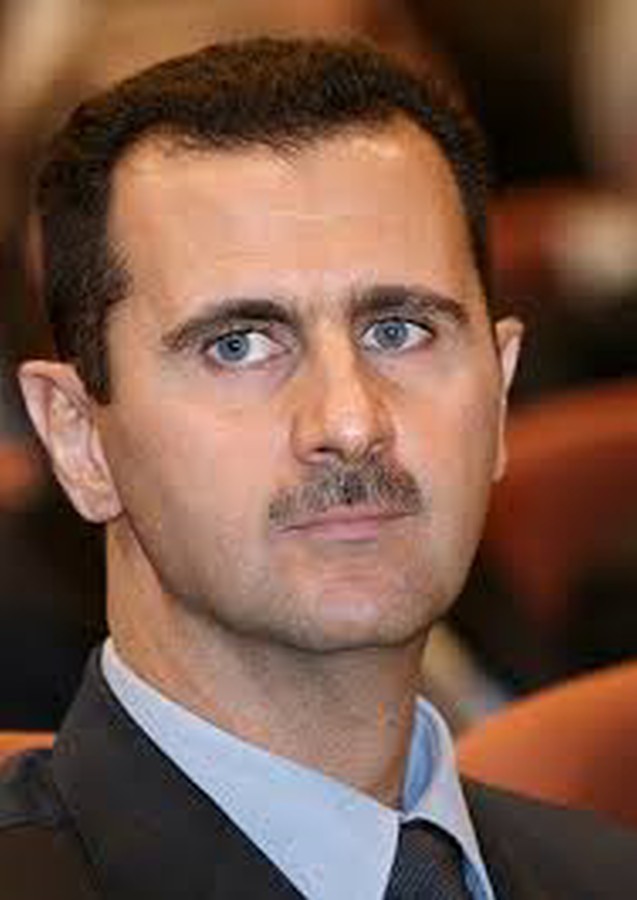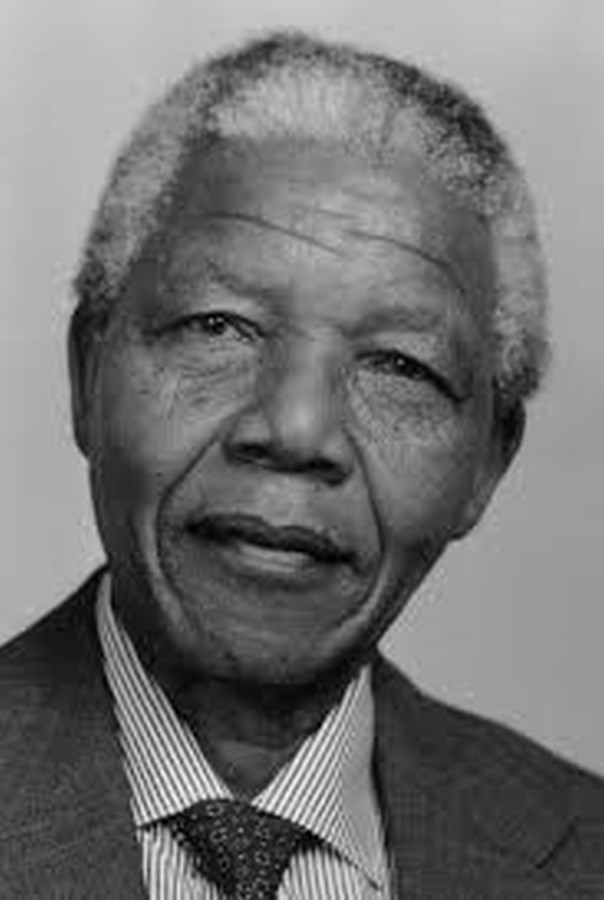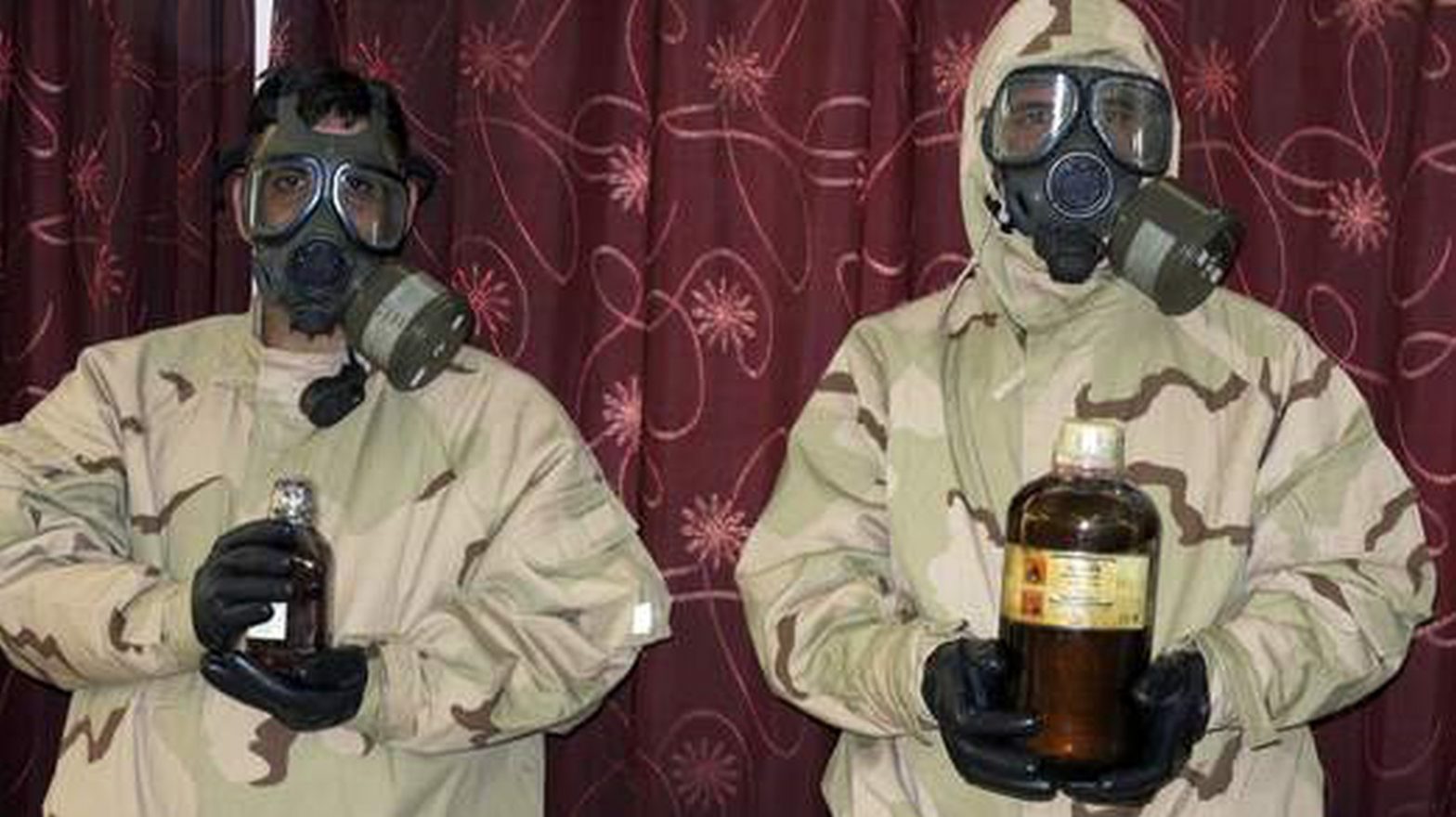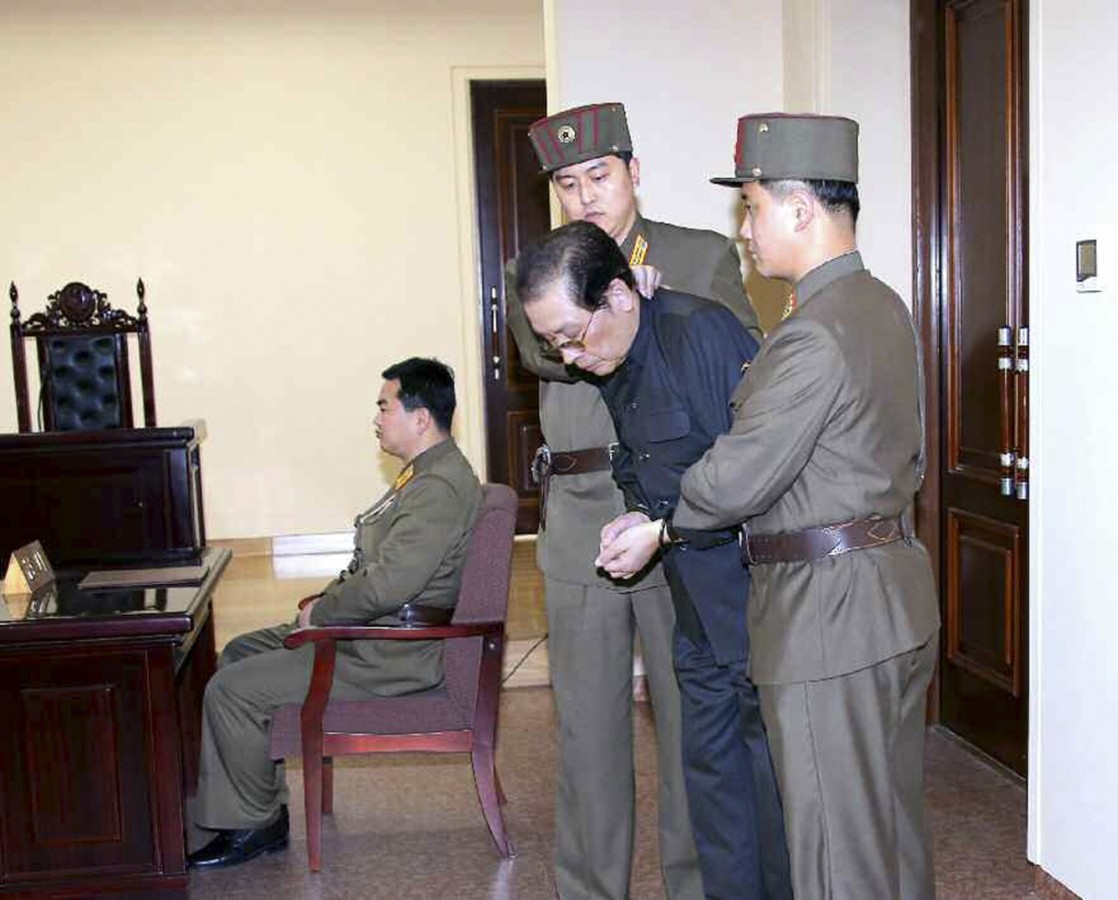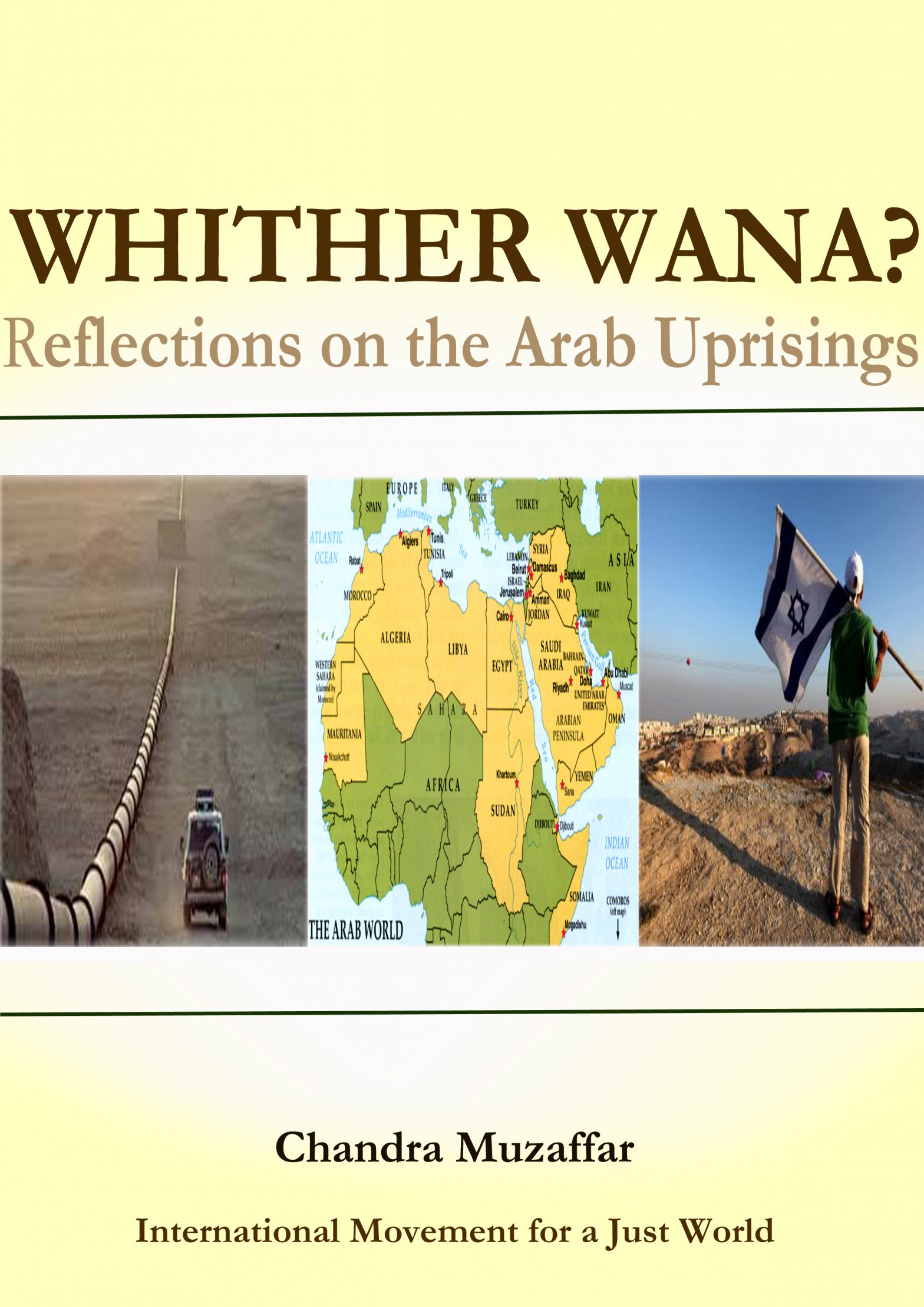By Vacy Vlazna
18 December, 2013
Countercurrents.org
Your Holiness
In desperation, in December a campaign was launched appealing to you to help release the suffering people of Gaza from the genocidal strangulation of the Israeli seven year blockade.
There is no world leader other than yourself who possesses the moral strength, the political freedom and the spiritual imperative to help Gaza. There is noone of global influence to whom the Gazans can turn except Your Holiness.
Through your words and actions, we see the same star that heralded the advent of Gandhi, of Mandela, of Jesus. It’s light – the spiritual simplicity of love for the human family, for the oppressed, for the poor, is again penetrating human hearts and consciences.
It shone bright when you went to Lampedusa, the refugee purgatory, drawing world attention to the “globalization of indifference”
“We are a society that has forgotten the experience of weeping, of “suffering with”: the globalization of indifference has taken from us the ability to weep!…..We are accustomed to the suffering of others, it doesn’t concern us, it’s none of our business…..Herod sowed death in order to defend his own well-being, his own soap bubble. And this continues to repeat itself.” (Lampedusa Homile,)
Today’s Israeli Herods have systematically made Gaza a hell on earth by imposing a blockade in violation of international law that has made Gaza an open air concentration camp imprisoning 1.7 million innocent people, half of whom are children.
As the world makes merry this festive season, the people of Gaza have deliberately been deprived of fuel by Israel for two months: they suffer in freezing temperatures, with no electricity, no light, no heat, scarcity of food, no essential services, when the waste water treatment plant stopped functioning sewage flooded the streets- then kicking families while they are down so low, Israel opened dams east of Gaza drowning hope and the last vestiges of normal life.
Imagine truly if this Christmas you were were in Gaza, ‘suffering with” Gazan families, and you have no place to run, can’t get medical help for your hungry and cold children, can’t cook, clean their clothes, keep them dry, warm, safe, happy.
Meanwhile the Christian kings of the ‘free world’, Obama, Cameron, Merkel, Hollande, Abbott will attend Christmas mass under a blaze of cameras and their own cruel hypocrisy in full knowledge that the Gaza humanitarian disaster, unlike the Philippines, is man-made. Herod-made. Nor they will lift a finger to bring the gifts of justice, compassion and love to Gaza’s immiserated manger.
Speaking of ‘manger’, doesn’t it strike you as bizarre and unChristian that Christians have for decades overlooked or tolerated that Bethlehem, the birthplace of the Divine Child, is in illegal occupied territory and surrounded by the illegal Annexation/Apartheid wall enforced by the Israeli military?
And speaking of Palestine’s military occupier, unconscionably, Israeli Herods sow death to raise the profits of Israel’s armament juggernaut. In his recent shocking documentary, The Lab, Yotam Feldman exposes how Palestinians have been dehumanised as sacrificial guinea pigs:
I think the main product Israelis are selling, especially in the last decade, is experience… the testing of the products, the experience is the main thing they [customers] are coming to buy. They want the missile that was shot in the last operation in Gaza or the rifle that was used in the last West Bank incursion.
Inevitably, the profits soared in 2009/10 after surgical strikes by F16s, attack helicopters drones, and phosphorous bombs slaughtered 1400 Gazans, one third of whom were children and again in November 2012. The blood and the weeping never dries up in the Gazan soul.
The blockade of Gaza is the crime of the 21st century and is integral to Israel’s 65 years of war crimes, crimes against humanity, apartheid polices, state terrorism and illegal colonisation perpetrated against the indigenous people of Palestine. Gaza/Palestine is also the great lament in the sacred heart of humanity. It is crying out. Will you respond? Please.
In your Lampedusa homily, you pose two questions that call our spirit to live in solidarity with the poor, with the oppressed, “Adam, where are you?” “Where is the blood of your brother?”. These questions are versions of the quintessential question, Who am I?
And in this instance who is Pope Francis? Whose shoes do you step into – The Fisherman’s or caesar’s?
The signs of your papacy are hope-filled.
The 1968 film, The Shoes of the Fisherman, based on Morris West’s novel, portrays a spiritually pragmatic pope of profound compassion who sells off the Vatican treasures to alleviate the lethal poverty of Communist China.
The film also drew inspiration from the Archbishop of Venice, the beloved Albino Luciani, who later became, for a shimmer of time and light, Pope John Paul I. Over the years, Luciani had condemned “the hypocrisy of the Vatican treasures”. (White Light, Dark Night, p144, Lucien Gregoire)
Of Luciani and Wojtyla ( Pope John Paul II), Gregoire writes,
During the twenty years they served as bishop and cardinal, each of their countries suffered from an immense orphan problem – about two million in each country. During that time Wojtyla built and dedicated fifty-three churches and not a single orphanage. Luciani, on the other hand, built and dedicated forty-four orphanages and not a single church.” (p 141)
Like Luciani, you, Pope Francis, mingle with your flock and criticise the ‘idolatry of money’ and the ‘new tyranny’ of capitalism.
Unlike the ultraconservative John Paul II and Benedict, who between them destroyed Latin American liberation theology and plunged the Church into the dark ages of Opus Dei fascism, you are rebuilding the church as a ‘house of joy’ and taking a path never travelled by previous popes.
Gandhi fasted and marched with humility for justice. Mandela, with humility, sacrificed 27 years for justice. So when you see the glittering lights of the Christmas tree in St Peter’s Square, may you reflect on the wretched darkness in Gaza and know that peace on earth doesn’t exist without peace in Gaza and all of Palestine. Peace for Palestinians is your and our business.
Gaza doesn’t need Vatican treasures, it needs liberation to live fully and humanly.
We, who respect justice and human dignity, have just lost the presence of Mandela but, Inch’Allah and God Willing, we have gained you, Pope Francis.
Dr. Vacy Vlazna is Coordinator of Justice for Palestine Matters. She was Human Rights Advisor to the GAM team in the second round of the Acheh peace talks, Helsinki, February 2005 then withdrew on principle. Vacy was coordinator of the East Timor Justice Lobby as well as serving in East Timor with UNAMET and UNTAET from 199-2001.

